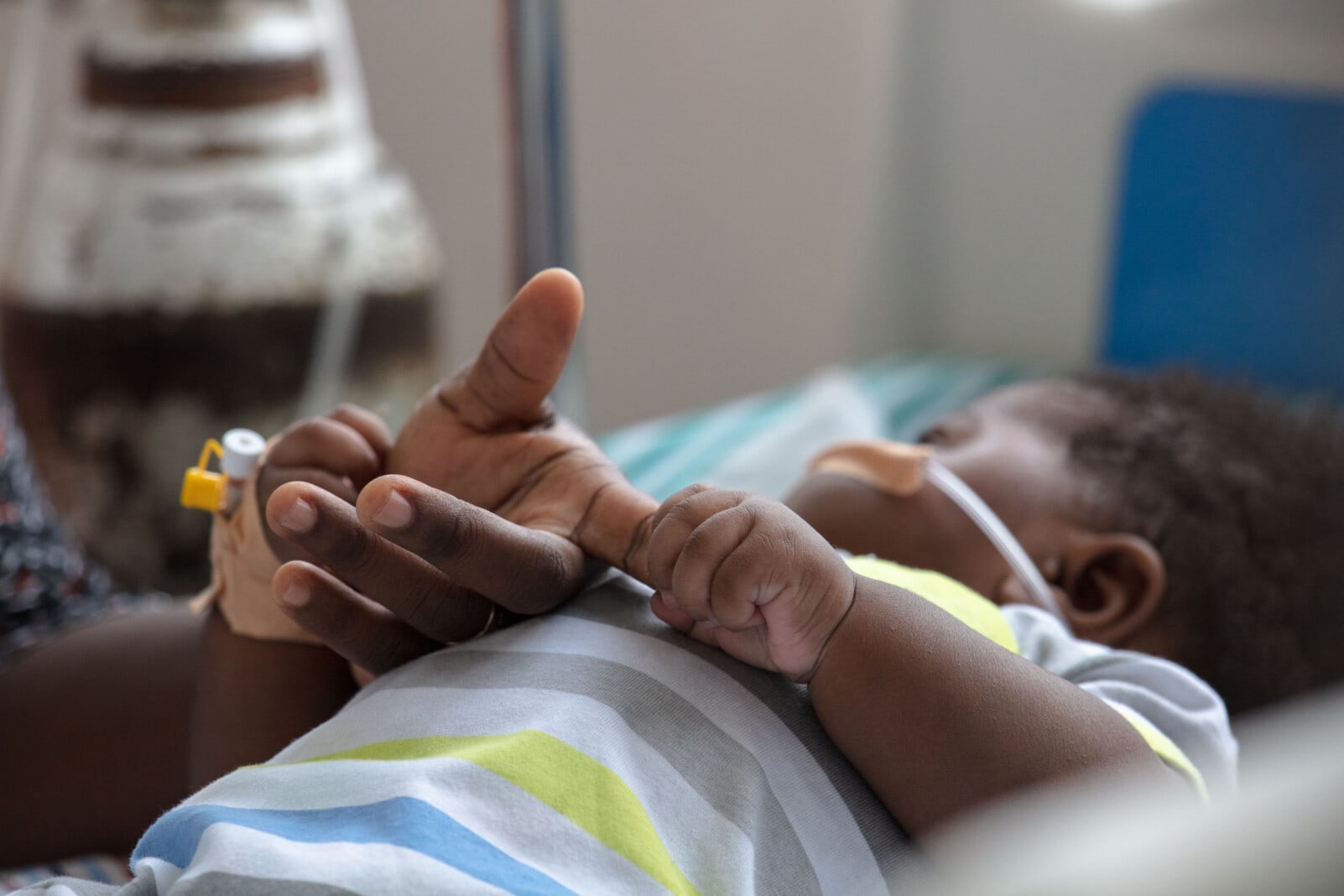
In the quiet moments between a baby’s first cry and the soft flutter of their heartbeat, lies a profound reflection of a nation’s health.
Infant mortality rates, often considered the barometer of a population’s well-being, offer a stark reminder of the challenges facing society, particularly in areas of nutrition, healthcare, and sanitation.
Afghanistan, today, bears the tragic title of having the highest infant mortality rate globally, with 103 deaths per 1,000 births. Decades of relentless conflict have drained the country’s resources, while a devastating drought since 2021 has worsened food insecurity and left many families in peril.
In Sub-Saharan Africa, 14 other nations share a similar plight, struggling with civil unrest, fragile infrastructures, and alarming rates of undernourishment.
However, over the last seventy years, Africa has made remarkable strides. Infant mortality has dropped by 73%, from 153 deaths per 1,000 births in 1950 to 41 in 2024, a testament to the progress made through healthcare expansion, better nutrition, improved sanitation, and extensive vaccination campaigns.
Experts predict that by 2050, the continent’s infant mortality rate could fall to 25 per 1,000 live births, bringing it in line with today’s rates in Asia, marking another powerful step toward a healthier, more equitable future for the next generation.
Below are the top 10 African countries with the highest infant mortality rates:
| Rank | Country | Infant mortality rate |
|---|---|---|
|
1 |
Somalia |
85.1 |
|
2 |
Central African Republic |
81.7 |
|
3 |
Equatorial Guinea |
77.9 |
|
4 |
Sierra Leone |
72.3 |
|
5 |
Niger |
65.5 |
|
6 |
Chad |
64.0 |
|
7 |
South Sudan |
61.6 |
|
8 |
Mozambique |
59.8 |
|
9 |
DRC |
59.1 |
|
10 |
Mali |
59.0 |










